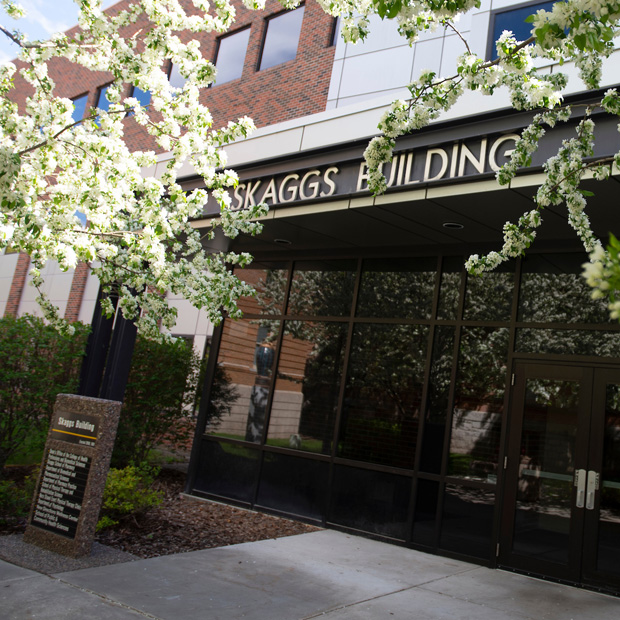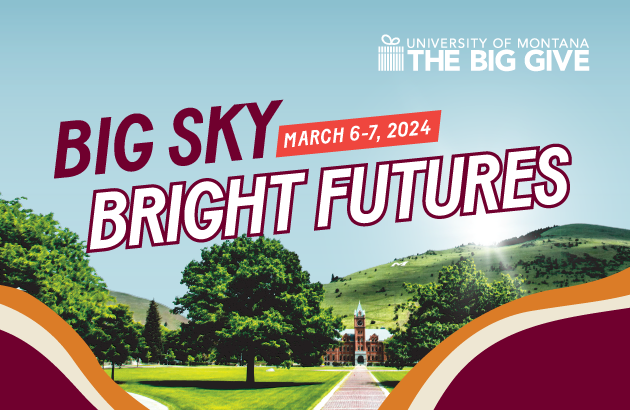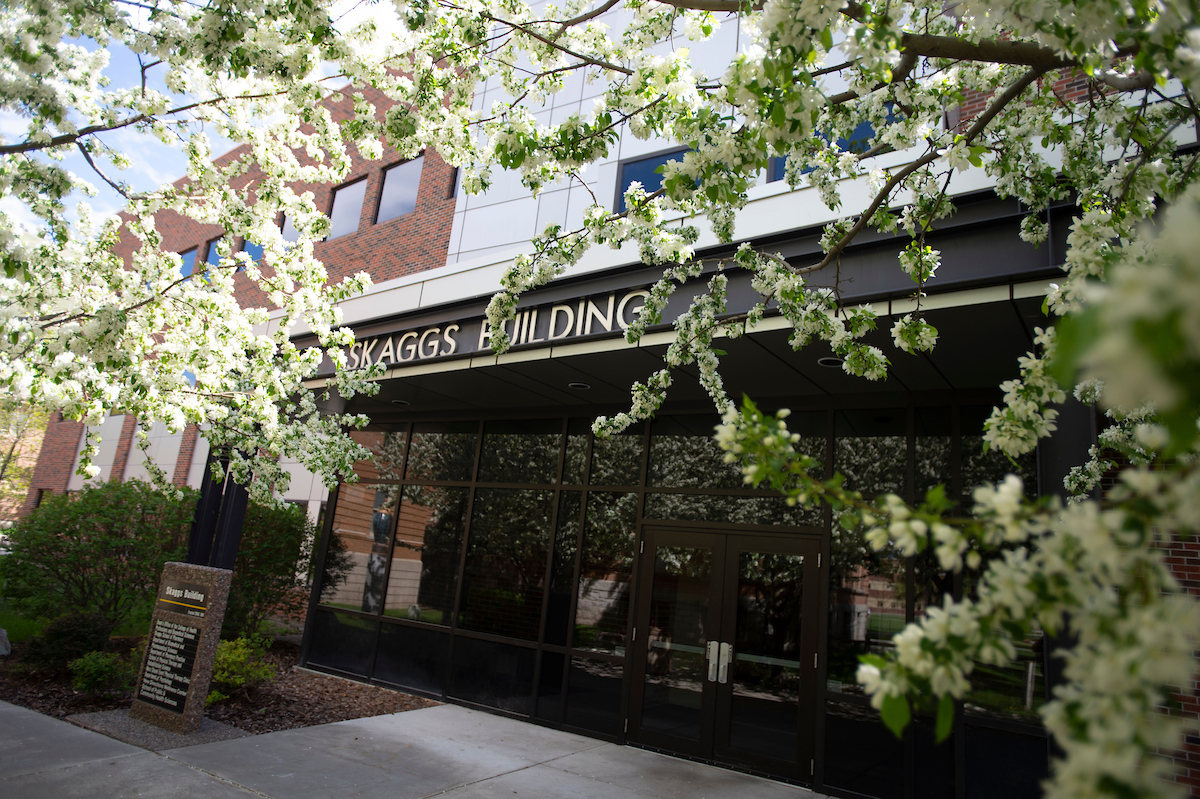Welcome to the College of Health
Leaders in healthcare research, education, and practice in the Rocky Mountain West.
The College of Health is dedicated to improving the health and quality of life for Montanans, our nation, and our international community. Our mission is to recruit students into the health professions, execute the highest quality education for those students, create new programs to meet the workforce needs of our growing & diverse population, strengthen relationships with rural and urban community partners, lead impactful research, and encourage interprofessional education. We strive to accomplish these goals while promoting student success, celebrating diversity, implementing team-based healthcare education opportunities, and conducting research with an impact.
Our College is home to degree granting programs in Biomedical & Pharmaceutical Sciences, Integrative Physiology & Athletic Training, Pharmacy Practice, Physical Therapy, Public & Community Health Sciences, Social Work, and Speech, Language, Hearing, & Occupational Sciences.
The University of Montana resides on the traditional lands of many Indigenous peoples including the Selis (Salish), Ksanka (Kootenai), and Qlispe (Kalispel). Many other Indigenous peoples including the Amskapi Pikuni (Blackfeet), Nimiipuu (Nez Perce), Shoshone, Bannock, and Schitsu'umsh (Coeur D’Alene) also relied upon their traditional knowledge and relationships with this land and this space for survival in the past and today.
We acknowledge that educational, health, and legal systems have led to the direct removal, oppression, and marginalization of Indigenous people throughout Montana and the nation. The University of Montana strives to improve education, service, and scholarship for all Indigenous peoples through actions aimed at respecting tribal sovereignty, empowering Indigenous scholars, and creating safe learning environments for all students to live, work, and learn together in equitable and positive ways.


